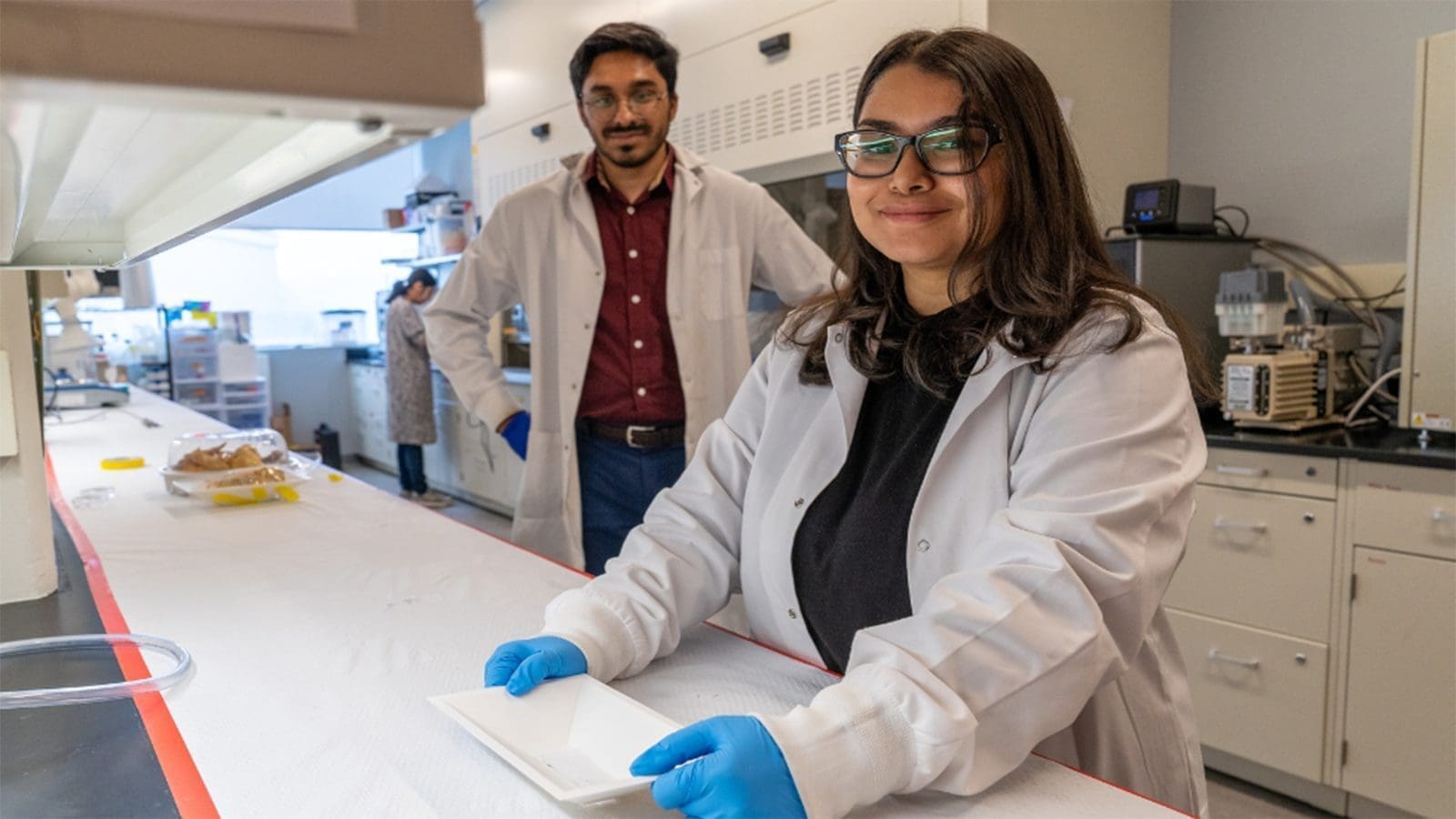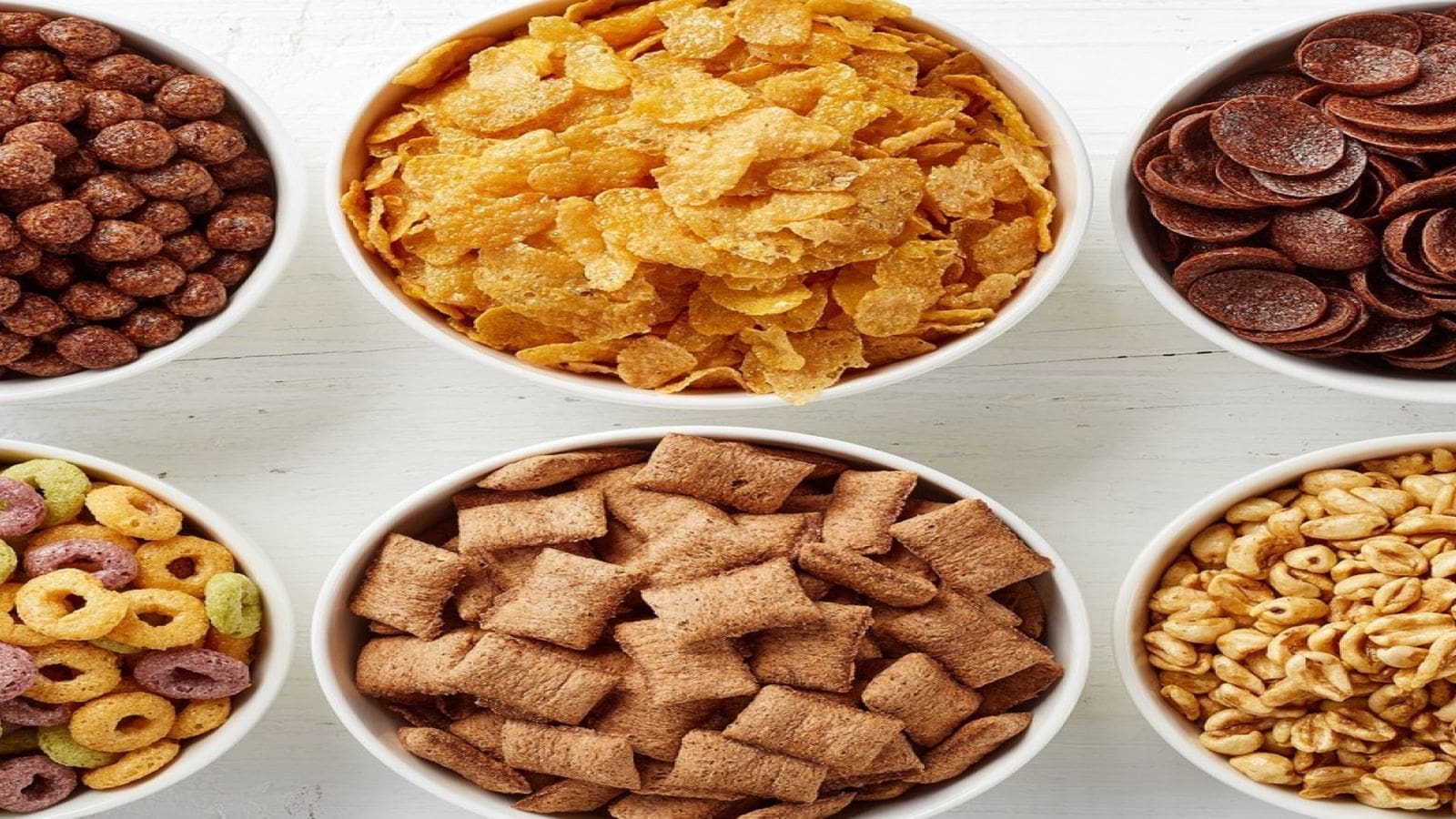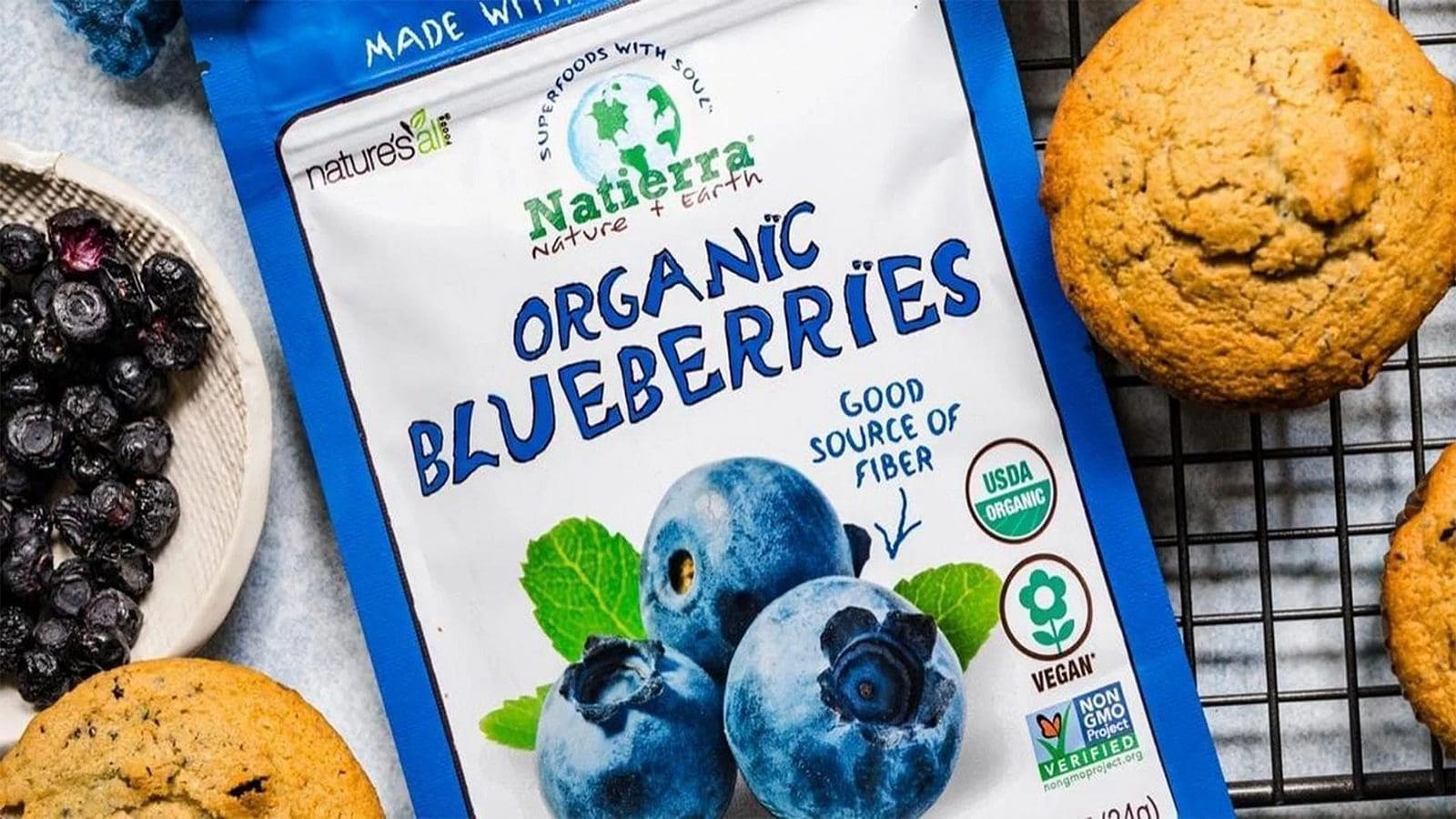NIGERIA – Nigeria’s National Biotechnology Development Agency (NABDA) and the Foreign Agricultural Service of the U.S. Department of Agriculture (USDA) have launched a nutrition outreach program aimed at increasing consumption and boosting the demand of genetically modified Bt cowpea in the country.
The outreach campaign, dubbed ‘Eating is Believing’ further seeks to demonstrate the food safety and nutrition effects of Bt cowpea, Nigeria’s first biotech food crop. It also aims at sensitizing the Nigerian population on this new bean, the pod borer resistant (PBR) cowpea, variety developed to resist the destructive Maruca pod borer.
In addition to NABDA and USDA, the outreach is supported through partnerships of the African Agricultural Technology Foundation (AATF), National Biosafety Management Agency (NBMA), Open Forum on Agricultural Biotechnology (OFAB) and the All-Farmers Association of Nigeria (AFAN).
The program attracted nutritionists, professional food caterers, food scientists, plant breeders, and farmers. During the launch, stakeholders ate and enjoyed a variety of Nigerian food delicacies made from PBR Bt cowpea to underscore the fact that GM beans are as safe and tasty as conventional varieties.
Speaking during the event, United States’ Counsellor for Agricultural Affairs for Nigeria Dr. Gerald Smith observed that Bt cowpea will help the country promote good nutrition while strengthening food security.
“Commercializing Bt cowpea was a serious commitment by the Government of Nigeria to boost production and enhance food security,” said Dr. Smith.
He pin pointed that thriving agricultural crops like beans contribute to the overall economic health of a community noting Nigeria is the largest producer and consumer of cowpea. The Agricultural Counsellor cautioned against commonly held misconceptions about biotech crops emphasizing that ‘Eating is Believing’ demonstrates that the GM bean tastes the same as the conventional varieties.
“The commercialization of the transgenic bean underscores that extensive food safety studies were conducted to demonstrate that it is safe for human consumption. There is abundant scientific evidence that there is no nutritional difference between Bt and conventional beans,” he explained.
Dr. Rose Gidado, Nigerian Coordinator for the OFAB in Africa, radiated confidence that the outreach program will assure consumers of the safety of PBR cowpea and increase market and acceptance of GM bean varieties.
Dr. Smith noted that the live evaluation addressed critical issues about taste and preference and the eventual planting of Bt cowpea by smallholder farmers will contribute to Nigeria’s production goals, thereby serving as a model for other countries across sub-Saharan Africa.
Nigeria urges African countries to follow suite
The Nigerian scientists and government officials who developed and approved the world’s first genetically modified (GM) cowpea have said their successful commercial release of the variety should give other African countries the confidence to do the same.
Processes to approve various PBR cowpea varieties, and Bt cowpea, have been in the pipeline in Nigeria, Ghana and Burkina Faso for about a decade now. According to Alliance for Science, administrative bottlenecks, legal actions by anti-GMO groups and cumbersome regulatory processes have slowed down the approval, as is common with dozens of other GM crop varieties under development across the African continent.
Liked this article? Subscribe to Food Safety Africa News, our regular email newsletters with the latest news insights from Africa and the World’s food safety, quality and compliance. SUBSCRIBE HERE








